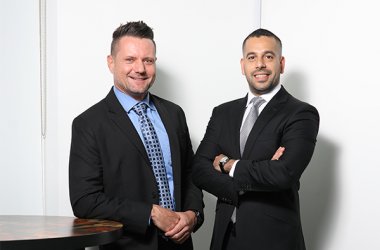
Microsoft and data storage company NetApp Inc. announced a three-year agreement that cements what had already been years of product collaboration and technical integration. The deal also extends worldwide joint sales and marketing efforts.
Under the agreement, the two companies will collaborate to deliver technology that includes virtualization, private cloud computing as well as storage and data management.
For data center administrators, that will mean a more tightly consolidated view for managing both server and storage infrastructure. "It allows them to discover their storage resources, do performance monitoring and health monitoring of the whole infrastructure," said David Greschler, Microsoft’s director of virtualization strategy.
While Microsoft and NetApp have not had a formal joint development agreement in the past, the companies have collaborated for years to more tightly integrate their products. "Does this alter or change any development plans or road map?" Greschler said. "No. We’ve been working on these for some time already, but this is a more formal and public commitment. That’s the importance and significance of the announcement."
Specifically, Microsoft and NetApp will focus their collaboration on virtualized infrastructure technology based on Windows Server 2008 R2, Microsoft Hyper-V Server 2008 R2, Microsoft System Center and NetApp storage systems.
Patrick Rogers, vice president of solutions and alliances for NetApp, said the collaboration effort will move toward enabling better management of public and private cloud infrastructures, where — once virtualization is well established — workloads can be dynamically moved around for better utilization of assets.
"It’s no longer about thinking about workloads tied to specific servers, and, of course, storage plays a big role in that whole model of private cloud," Rogers said.
Also, the companies will integrate storage and data management software for Microsoft Exchange Server, Microsoft Office SharePoint Server and Microsoft SQL Server to improve communications and collaboration and accelerate software development and testing.
"At the management layer, integrating with Microsoft Systems Center has been a very big focus for us," Rogers said. "We expect most data center admins will have a System Center Console in front of them and will want to be able to manage the entire stack: applications, the infrastructure software, as well as the storage devices. We expect quite a bit of joint collaboration going forward."
Focus will be on private and public cloud management





